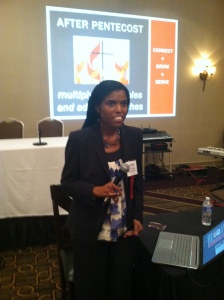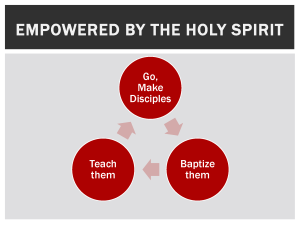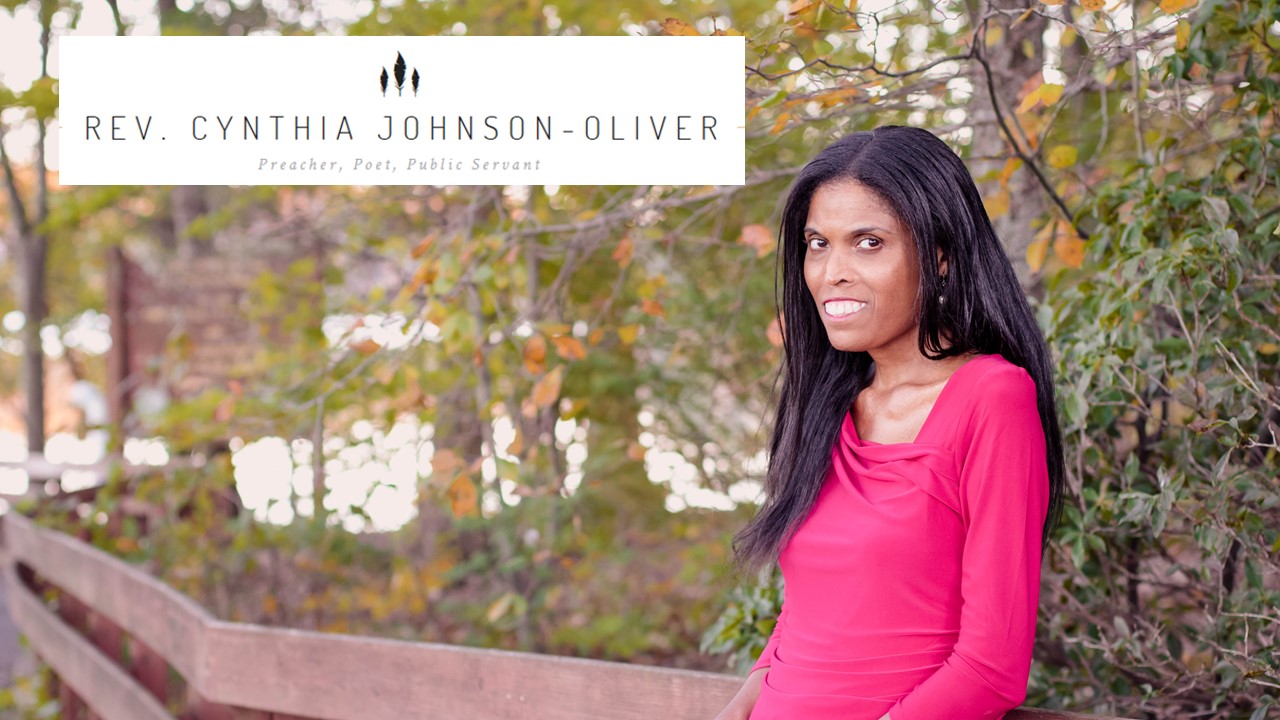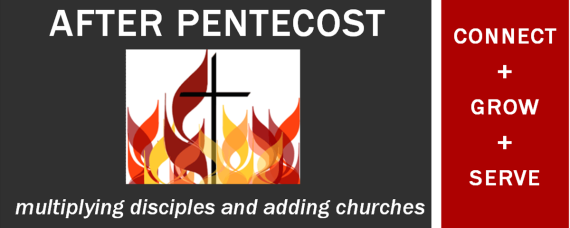“They devoted themselves to the apostles’ teachings, fellowship, and the breaking of bread, and prayer… And day by day the Lord added to their number those who were being saved.” – Acts 2:42-46
 Every Sunday, from the Day of Pentecost almost to Advent, many churches count the Sundays after Pentecost. It’s written in the liturgical calendar, lectionary planning resources, and even in our church bulletin. This longest season of the year is known as Ordinary Time as it counts the ordinals from the first to the twenty-fifth Sunday “after Pentecost.”
Every Sunday, from the Day of Pentecost almost to Advent, many churches count the Sundays after Pentecost. It’s written in the liturgical calendar, lectionary planning resources, and even in our church bulletin. This longest season of the year is known as Ordinary Time as it counts the ordinals from the first to the twenty-fifth Sunday “after Pentecost.”
But what really happened after Pentecost? What transpired in early Christianity following the Day of Pentecost? Earlier this month, I posed this question as a presenter at the New York-Washington Annual Conference of the Christian Methodist Episcopal Church. The conference theme was “Multiplying Disciples and Adding Churches.” I proposed to the conference that if we want to multiply disciples and grow our churches, we need look no further than the period after Pentecost.
On the Day of Pentecost in the New Testament, the Holy Spirit descended on the disciples like tongues of fire and they began to speak in other languages. Peter preached from the prophet Joel, proclaiming that God would pour out God’s spirit on all flesh; sons and daughters would prophecy, there would be dreams and visions, and all who called on the name of The Lord would be saved. On that miraculous day, about 3,000 people were baptized and joined the early Christian movement.
In the immediate aftermath of Pentecost, the text tells us that they devoted themselves to the apostles’ teachings, fellowship, and the breaking of bread, and prayer. They gathered in the temple and in small groups, known as house churches. They witnessed signs and wonders, cared for the poor, and welcomed new people who were being saved.
In sum, discipleship happened after Pentecost. Discipleship is the process of forming and transforming people into committed disciples of Jesus Christ. Discipleship includes study, fellowship, personal devotion, and answering the call to service. Discipleship may begin in corporate worship, but is deepened through small group study and fellowship as well as one-on-one mentoring and shepherding.
Dallas Willard calls discipleship the “great omission” of the church today. In our fast paced culture, many people rely solely on church attendance as a measure of spiritual commitment. Even many churches measure church attendance and membership as a mark of growth and progress.

But this was not the calling of Jesus nor was it the way of the early church. In the Great Commission, Jesus calls his followers to go make disciples, baptize them, and teach them to obey all that Jesus commanded. In the Ephesians 4, the early Christian community is instructed “to equip the saints for the work of ministry, for building up the body of Christ, until all of us come to the unity of the faith and of the knowledge of the Son of God, to maturity, to the measure of the full stature of Christ.” The teaching and equipping modeled by the early church requires more than church attendance, more than membership. Indeed, it is a call to discipleship.
This fall, the AUMC Academy of Discipleship, the ministry I have led for eight years, begins a new season of classes and small groups. We do so encouraging the people of Annandale and everywhere to make discipleship a priority. We pray that the Holy Spirit will fill you anew with a burning desire to devote yourselves to the teachings of Jesus, the apostles, and other teachers of the faith. We invite you to commit to a bible study or small group and to answer the call to service. Then we can truly experience the blessings of God that occur after Pentecost.
Click here for my presentation slides, After Pentecost- Multiplying Disciples and Adding Churches.
Click here to learn more about the AUMC Academy of Discipleship.



